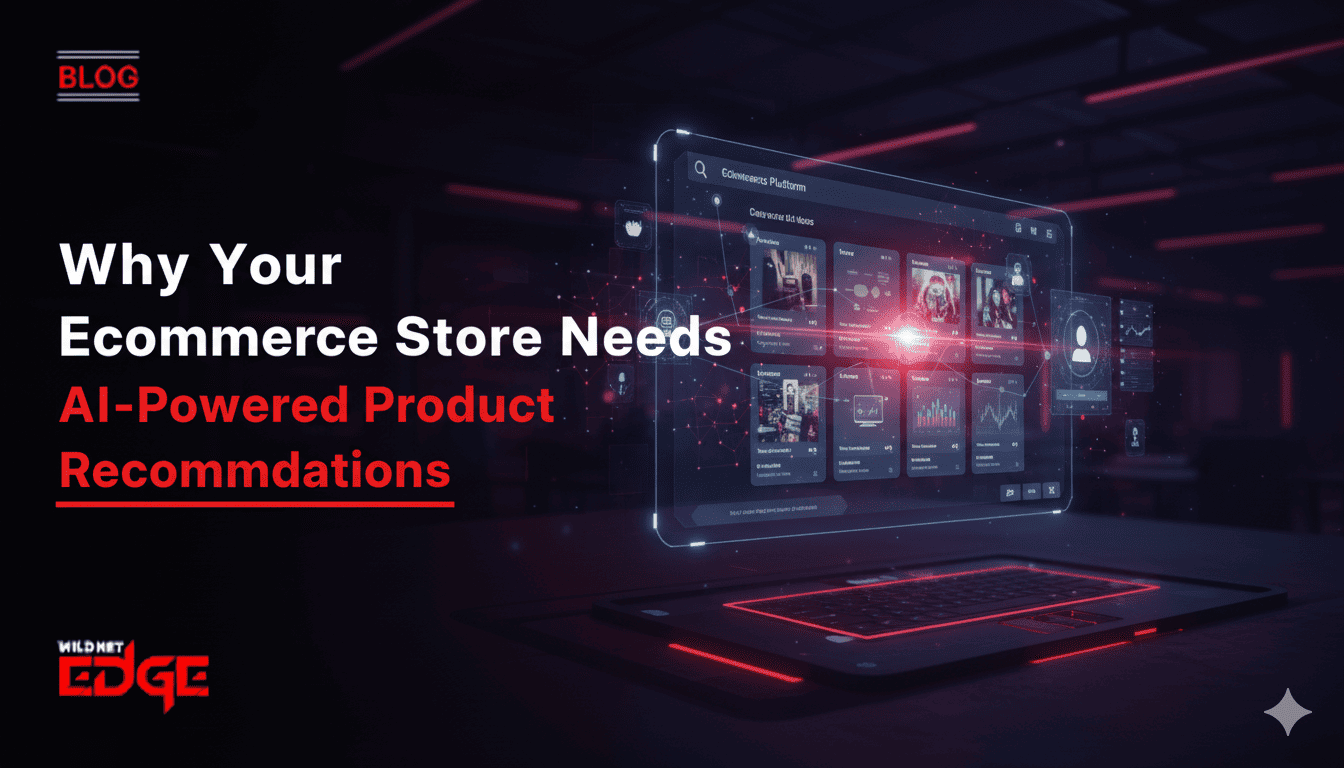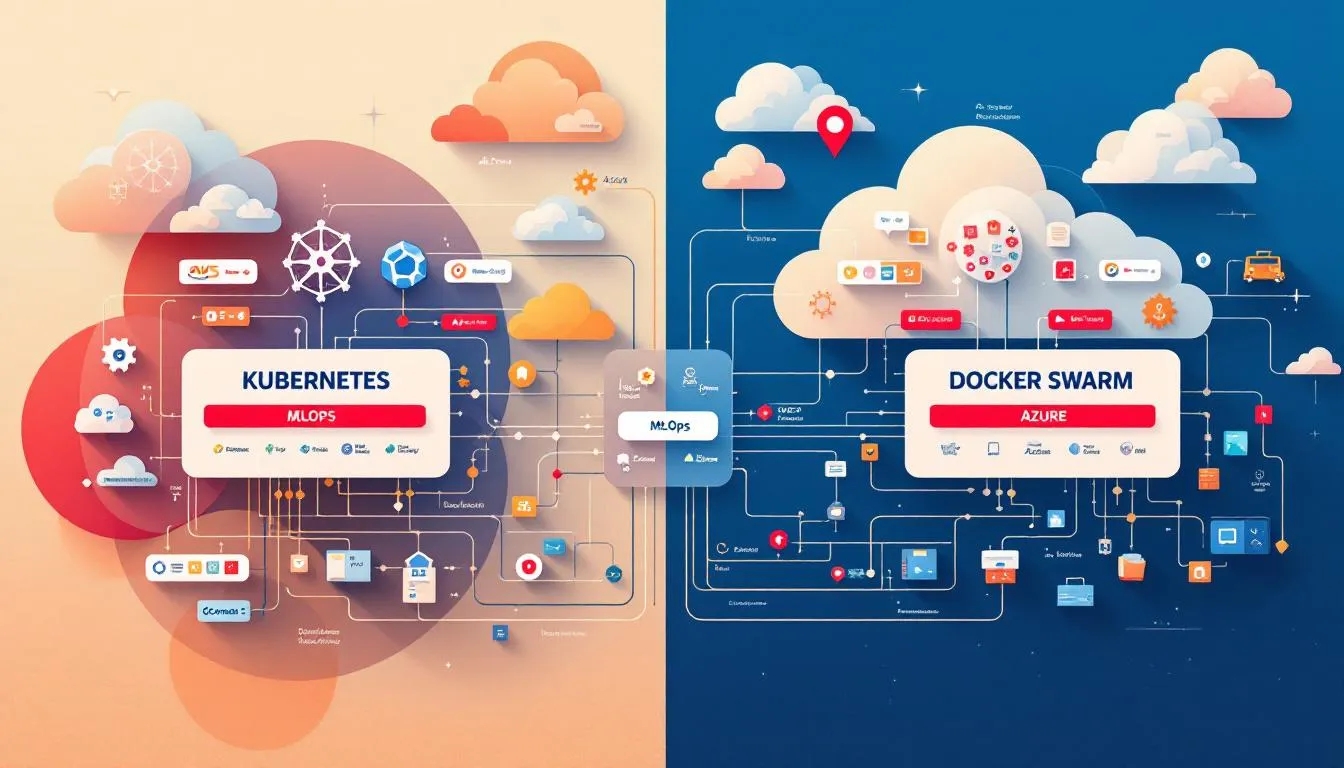TL;DR
This article explains that AI-powered product recommendations are critical for modern eCommerce success, moving beyond simple “bestseller” lists to offer truly personalized shopping. It details how these systems analyze user behaviour to deliver relevant suggestions, leading to significant business benefits such as increased average order value (AOV) and higher conversion rates. The guide explores different types of recommendation engines and emphasizes how this form of AI-driven sales enhances the customer journey, builds loyalty, and provides a sustainable competitive advantage. For online retailers, implementing this technology is essential for creating a smarter, more engaging, and profitable store.
In the vast, crowded online retail marketplace, simply having great products is not enough. The key to standing out and driving growth is creating a superior customer experience. Modern shoppers expect you to understand them, anticipate their needs, and make their journey effortless. This is where a powerful technology comes in: AI product recommendations. It’s the digital equivalent of a skilled personal shopper, guiding your customers to products they’ll love and transforming your store into an engine for AI-driven sales.
What are AI Product Recommendations?
AI product recommendations are a sophisticated form of personalized eCommerce that uses machine learning algorithms to suggest relevant items to shoppers. Unlike basic recommendation systems that might just show “top sellers” or “recently viewed” items, AI engines analyze a massive amount of data in real-time. This includes:
- A user’s browsing history and clickstream data.
- Their past purchase behaviour.
- Items they have added to their cart or wishlist.
- The behaviour of other, similar shoppers.
By identifying complex patterns in this data, the AI can make intelligent, context-aware suggestions like “Customers who bought this also liked…” or “Because you viewed this, you might like…”. This transforms a generic storefront into a one-to-one personalized experience for every visitor.
The Business Impact of AI-Driven Sales in 2025
Implementing a smart recommendation engine is not just a feature enhancement; it’s a strategic investment with a clear and powerful return.
Significant Increase in Average Order Value (AOV)
This is one of the most immediate and measurable benefits. By strategically cross-selling complementary items (e.g., suggesting a matching tie with a shirt) and up-selling premium versions, AI recommendations encourage customers to add more to their carts. A well-known study by McKinsey found that effective personalization can lift revenues by 5-15% and marketing spend efficiency by 10-30%.
Higher Conversion Rates
When you make it easier for customers to discover products they are genuinely interested in, they are far more likely to make a purchase. AI product recommendations reduce the friction of search and discovery, guiding users to relevant items and decreasing the chance they will abandon your site out of frustration. This smooth journey is a core part of effective Ecommerce Development Services.
Enhanced Customer Loyalty and Retention
A personalized eCommerce experience makes customers feel understood and valued. When your store consistently shows them products that align with their tastes, you build a powerful relationship that goes beyond a single transaction. This builds loyalty, encouraging repeat purchases and increasing the overall lifetime value of your customers.
Types of Recommendation Engines
While the technology is complex, the approaches can be grouped into a few main types.
| Recommendation Type | How It Works | Example |
| Collaborative Filtering | Analyzes the behaviour of similar users. | “People who bought X also bought Y.” |
| Content-Based Filtering | Recommends items based on their attributes. | “Because you liked a blue shirt, here are more blue shirts.” |
| Hybrid Models | Combines both collaborative and content-based methods. | The most common and powerful approach. |
Our AI Recommendation Services in Action: Case Studies
Case Study 1: An Online Fashion Retailer’s AOV Boost
- The Challenge: A trendy fashion boutique was struggling to increase its average order value. Customers would often buy a single item but failed to discover complementary products.
- Our Solution: As their chosen AI Automation Agency, we implemented a hybrid AI recommendation engine. The system displayed a “Complete the Look” widget on product pages and a personalized “You Might Also Like” section on the homepage.
- The Result: The retailer saw a 30% increase in their average order value within six months. The highly relevant suggestions significantly improved product discovery and encouraged customers to build full outfits with each purchase.
Case Study 2: A Specialty Goods Store’s Engagement Lift
- The Challenge: A store selling niche hobby supplies had a large catalog, and new users were often overwhelmed, leading to a high bounce rate.
- Our Solution: We developed a custom solution that included an onboarding quiz for new users. An AI product recommendations engine used the quiz answers to create a highly personalized “For You” collection on their first visit, guiding them directly to the most relevant product categories.
- The Result: The bounce rate for new users dropped by 40%. The guided discovery process created a much better initial experience, leading to higher engagement and a 20% increase in first-time purchase conversion.
Our Technology Stack for AI in eCommerce
We use a modern, scalable stack to build intelligent retail solutions.
- AI & Machine Learning: TensorFlow, PyTorch, Scikit-learn, Keras
- Recommendation Frameworks: Apache Mahout, LightFM
- Big Data Processing: Apache Spark, Databricks
- Cloud Platforms: AWS, Google Cloud, Microsoft Azure
- eCommerce Platforms: Magento, Shopify Plus, BigCommerce
Conclusion
In the competitive world of online retail, a personalized eCommerce experience is no longer a luxury; it is the standard. AI product recommendations are the most powerful tool for delivering that experience at scale. By moving beyond generic suggestions and embracing a truly data-driven approach, you can create a smarter, more engaging store that drives higher revenue and builds lasting customer relationships.
Ready to unlock the full potential of your eCommerce data? Connect with Wildnet Edge. Our AI-first approach to creating Custom Software Solutions ensures we build recommendation engines that are not only powerful but also learn and adapt, providing a sustainable advantage in the market.
FAQs
While more data is always better, you can start with a solid foundation of user behavior and transaction data. A good starting point is often a few thousand transactions and a healthy amount of clickstream data. The models will become smarter as they collect more information over time.
The key to avoiding this is transparency and value. As long as the recommendations are genuinely helpful and relevant, most users appreciate the personalization. It becomes “creepy” only when it’s inaccurate or uses data in a way that feels invasive.
You can use them throughout the entire customer journey: on the homepage, in personalized marketing emails, within the shopping cart to suggest last-minute additions, and even in post-purchase follow-ups to encourage the next sale.
Basic apps often rely on simple rules (e.g., “show bestsellers”). A true AI engine uses machine learning to analyze deep patterns in user behavior, understand the relationships between products, and adapt its recommendations for each individual user in real time.
With a well-executed implementation, you can often see a measurable lift in key metrics—like AOV and conversion rate within the first 2 to 3 months as the AI model collects enough data to make intelligent recommendations.
Absolutely. They work incredibly well with other tools like an AI Application Assistant. For example, a chatbot could use the recommendation engine to suggest products conversationally, creating a seamless and intelligent shopping assistant.
The first step is a data audit and strategy session. We would analyze your current data sources, platform capabilities, and business goals to design a customized recommendation strategy that will deliver the most significant impact.

Nitin Agarwal is a veteran in custom software development. He is fascinated by how software can turn ideas into real-world solutions. With extensive experience designing scalable and efficient systems, he focuses on creating software that delivers tangible results. Nitin enjoys exploring emerging technologies, taking on challenging projects, and mentoring teams to bring ideas to life. He believes that good software is not just about code; it’s about understanding problems and creating value for users. For him, great software combines thoughtful design, clever engineering, and a clear understanding of the problems it’s meant to solve.
 sales@wildnetedge.com
sales@wildnetedge.com +1 (212) 901 8616
+1 (212) 901 8616 +1 (437) 225-7733
+1 (437) 225-7733















 ChatGPT Development & Enablement
ChatGPT Development & Enablement Hire AI & ChatGPT Experts
Hire AI & ChatGPT Experts ChatGPT Apps by Industry
ChatGPT Apps by Industry ChatGPT Blog
ChatGPT Blog ChatGPT Case study
ChatGPT Case study AI Development Services
AI Development Services Industry AI Solutions
Industry AI Solutions AI Consulting & Research
AI Consulting & Research Automation & Intelligence
Automation & Intelligence















